BAGHDAD: A decade after Saddam Hussein’s arrest, the now-executed Iraqi dictator’s legacy of conflicts, sanctions and repression still exact a heavy toll on the country.
And as oil-rich Iraq grows increasingly important to the global economy and regional diplomacy, his legacy of a slow-moving, hierarchical bureaucracy and corrupt decision-making processes have hamstrung a country looking to rebuild.
Former members of Saddam’s now-banned Baath Party are still regularly barred from public office, politicians tar opponents as “Baathists”, and surging violence is typically blamed on some combination of Saddam supporters and Sunni militants.At the same time, public services that fell into disrepair during the years of conflict have yet to be fully upgraded, unemployment remains high, corruption and nepotism are rampant and analysts say members of Saddam’s Sunni Arab minority have yet to fully reconcile to losing power to Iraq’s Shia majority.
“What is the new social contract going to be?” asked Ayham Kamel, a London-based Middle East analyst at the Eurasia Group consultancy.
“A lot of Sunnis believe that there needs to be a shift ... putting the Saddam legacy and the participation of Sunnis in his regime aside.” “We need to get more power-sharing, and really send signals that the conflict, and some of the tensions that existed between Sunnis and Shias during the Saddam era, is over, that there is a new path forward.” “That is a very long-term issue.” Saddam was arrested on December 13, 2003 outside the town of Dawr, where US soldiers found him hiding in a specially-constructed hole in the ground.
Hundreds of thousands, most of them Shias and Kurds, died at the hands of his government.
Countless others suffered immeasurably as a result of the wars he waged against Iran and Kuwait, the latter of which led to punishing sanctions that crippled Iraq’s economy.
At the time, US and Iraqi officials hailed his capture as a turning point in the war, and voiced optimism that by nabbing him, they had dealt a critical blow to the insurgency.
But in fact, violence only worsened as time went on, peaking in 2006 and 2007, when tens of thousands were killed in nationwide sectarian bloodletting, and only falling off somewhat from 2008 onwards.
Unrest has surged again this year, fuelled by widespread discontent among Sunni Arabs, who complain of mistreatment at the hands of the Shia-led authorities and have held anti-government demonstrations for almost a year.
And some violent groups actually include supporters of Saddam’s regime.
“The decade has represented change, and fostered hope among the people,” Bashar Hanna, a 40-year-old government translator, said on Saadun Street in central Baghdad. “Unfortunately, the changes have not met the demands of the people.”
‘Everything is still broken’
Iraqis still suffer from poor electricity provision and a general lack of basic services, with particularly inadequate sewerage highlighted by recent rains that sparked deadly floods.And though oil production has increased, with exports projected to rise dramatically next year, the industry is not labour-intensive and so has not significantly impacted chronically high levels of unemployment.
Many also complain that the revenues have not filtered through equitably to all Iraqis, while the broader economy remains hampered by endless and often conflicting red tape.
And graft has, if anything, worsened, with Iraq now rated the world’s seventh-most corrupt country, according to Transparency International.
“After 10 years, everything is still broken,” said Ihsan al-Shammari, a professor of politics at Baghdad University.
“Unfortunately, this has caused many Iraqis to make comparisons about the achievements of the former regime in terms of security to the marginal improvement in services by the new democratic system.” Officials and supporters of the government point to breakthroughs in terms of freedom of expression and religion since Saddam’s Sunni-dominated regime fell.
Millions of Shias now throng shrine cities for commemoration rituals that were banned during the dictator’s rule, while the criticism of the government that is now relatively common via media outlets and the internet would not have been tolerated under Saddam.
“When you go around Iraq and compare Iraq to 2002, 2003, it’s a major shift,” said Sami al-Askari, a secular Shia MP.
“If you’re looking, from freedom to democracy to employment to (the) economy to many, many other things, (there are) lots of changes.” “No one talks about this, they talk about the (sectarianism), talking about the killings. ... But if we compare Iraq now to 10 years ago, you will find many, many points, positive ones.“It’s not an easy task, taking a society from one regime to another.”—AFP















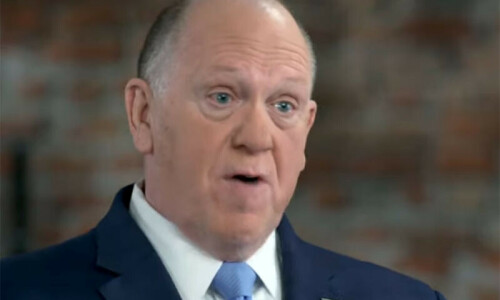
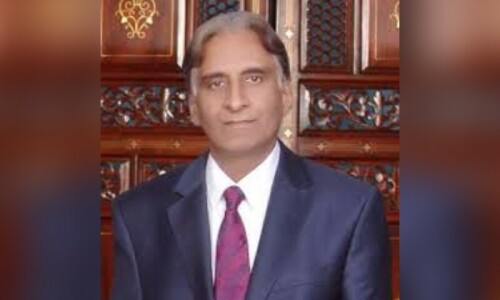
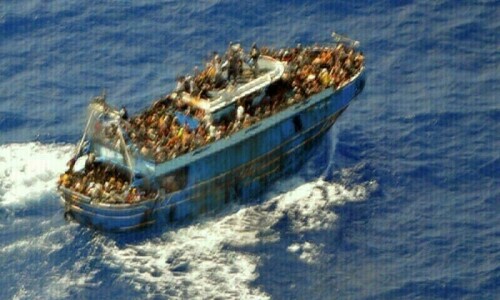
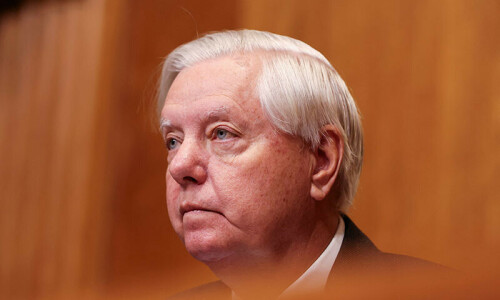

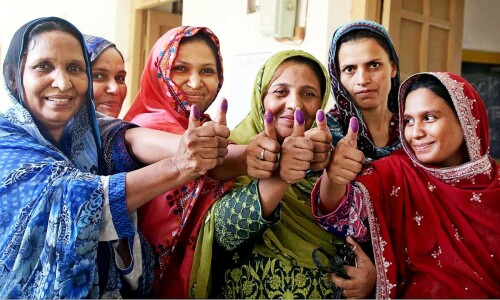

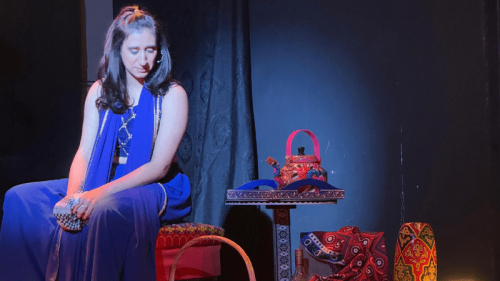

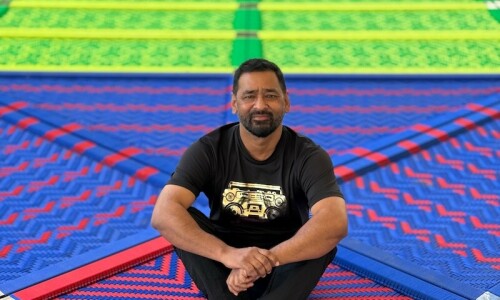










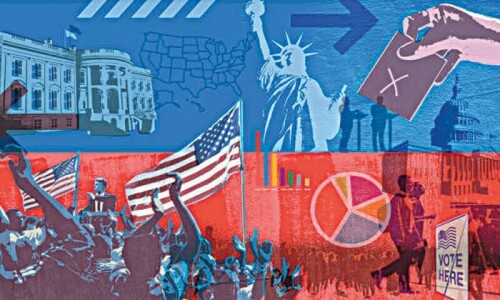
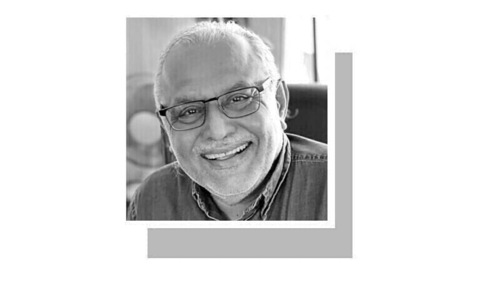
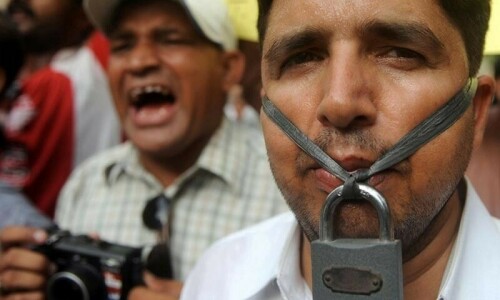
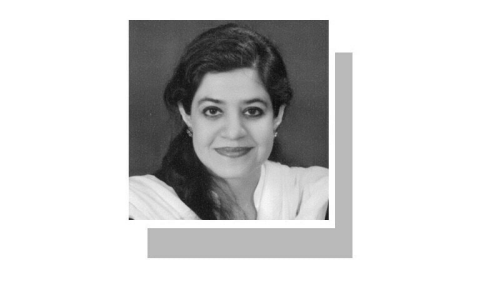
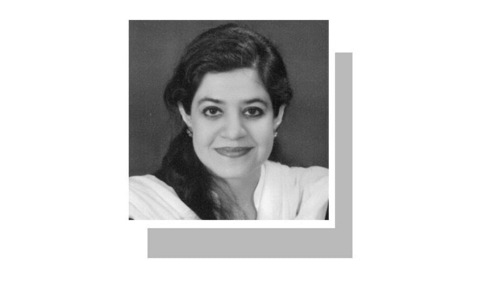

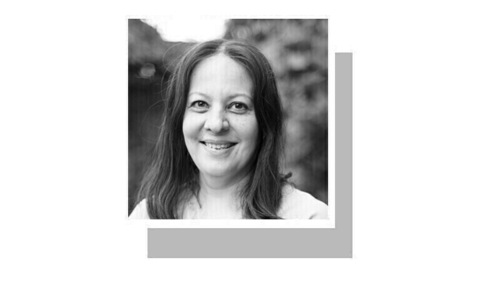
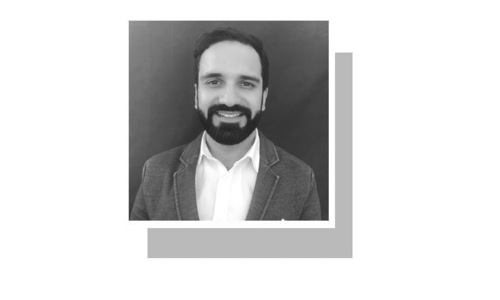


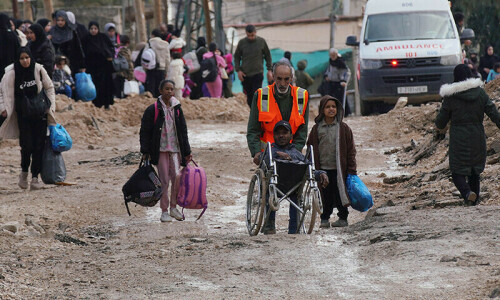



Dear visitor, the comments section is undergoing an overhaul and will return soon.